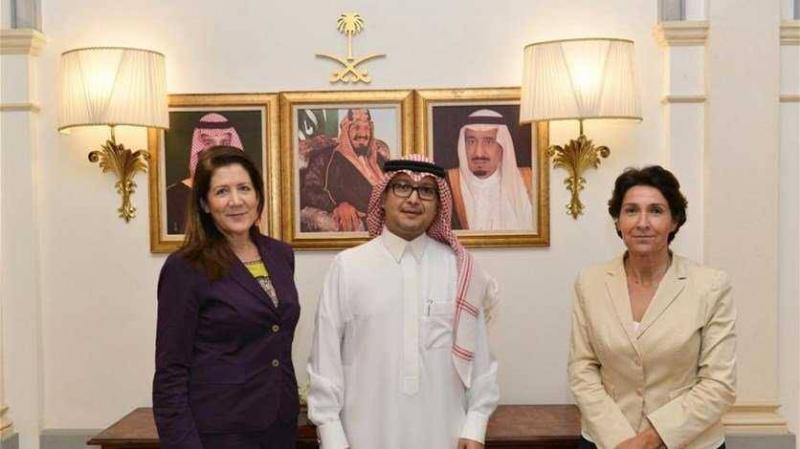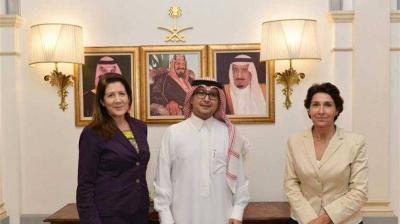There is a strong international consensus, transcending continents and disagreements among capitals, evident in the positions regarding Lebanon to the extent that one might think they are written with the same ink on the same lines. The singular demand: reform, then reform, which is primarily economic but also sovereignty-related, according to diplomatic sources for "Al-Markazia." In recent hours, more than one external call has converged on this demand. The Gulf Cooperation Council reiterated yesterday its "steadfast solidarity with the Lebanese people to achieve everything that would preserve Lebanon's security and stability," welcoming the success of the electoral process in Lebanon and looking forward "to the elected members of parliament and all political forces in Lebanon working to fulfill the aspirations of the Lebanese people for stability, progress, and prosperity."
To achieve this goal, the Gulf states reminded Lebanon of the necessity "to engage in constructive cooperation with international organizations, implement the necessary reforms, combat corruption and mismanagement, ensure that Lebanon does not become a springboard for any terrorist activities or a haven for terrorist organizations targeting the security and stability of Lebanon and the region, and that it does not serve as a source for drug trafficking." For its part, the United Nations, through its Special Coordinator in Lebanon, Joanna Fronths, congratulated Lebanon on completing the electoral process. She discussed with Foreign Minister Abdallah Bou Habib the upcoming phase concerning the formation of a new government, the required reforms, negotiations with the International Monetary Fund, and the Syrian displacement crisis.
Moreover, there was a French emphasis during the visit of French Ambassador Anne Grillo to the leader of the Free Patriotic Movement, MP Gebran Bassil, on the importance of expediting the formation of a government capable of facing challenges and implementing the necessary economic and financial reforms that would place Lebanon on the path to salvation.
Everyone is therefore urging the formation of a rescue government that, in collaboration with the new parliament, would initiate reforms, facilitating a comprehensive agreement with the International Monetary Fund. However, where are the ruling authorities in all these calls? So far, the scene is not reassuring, as indicators from more than one political kitchen suggest that the members of the system prefer to remain in a caretaker capacity unless they can secure a comfortable political presence in the upcoming cabinet, which is rejected by the opposition forces. There are even discussions that, in the best-case scenario, President Najib Mikati may be reappointed, but he would not be able to form a government, leading to continued paralysis until the end of President Michel Aoun's term, unless... In the meantime, there will be no international support or assistance, but rather more collapse...




